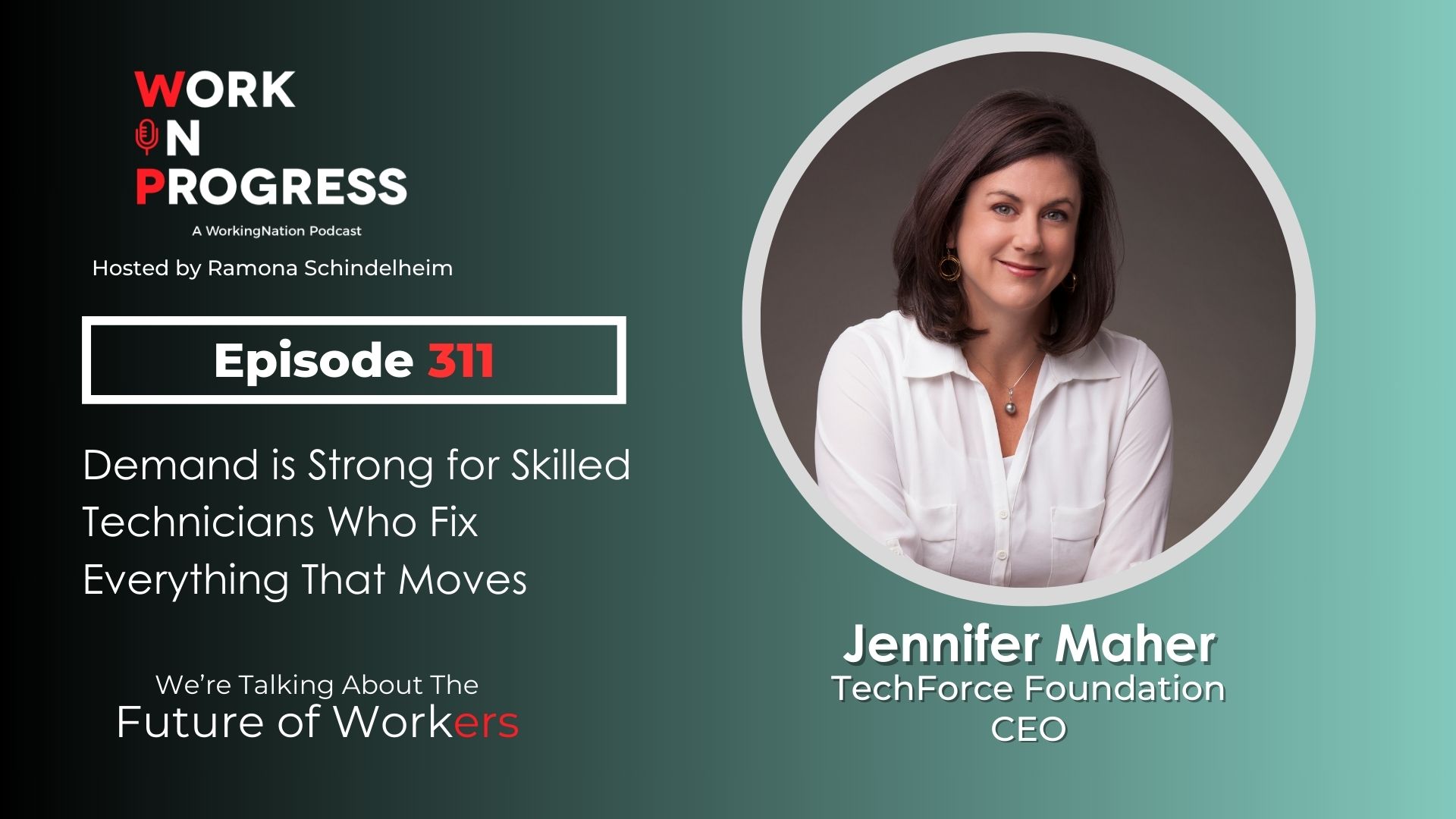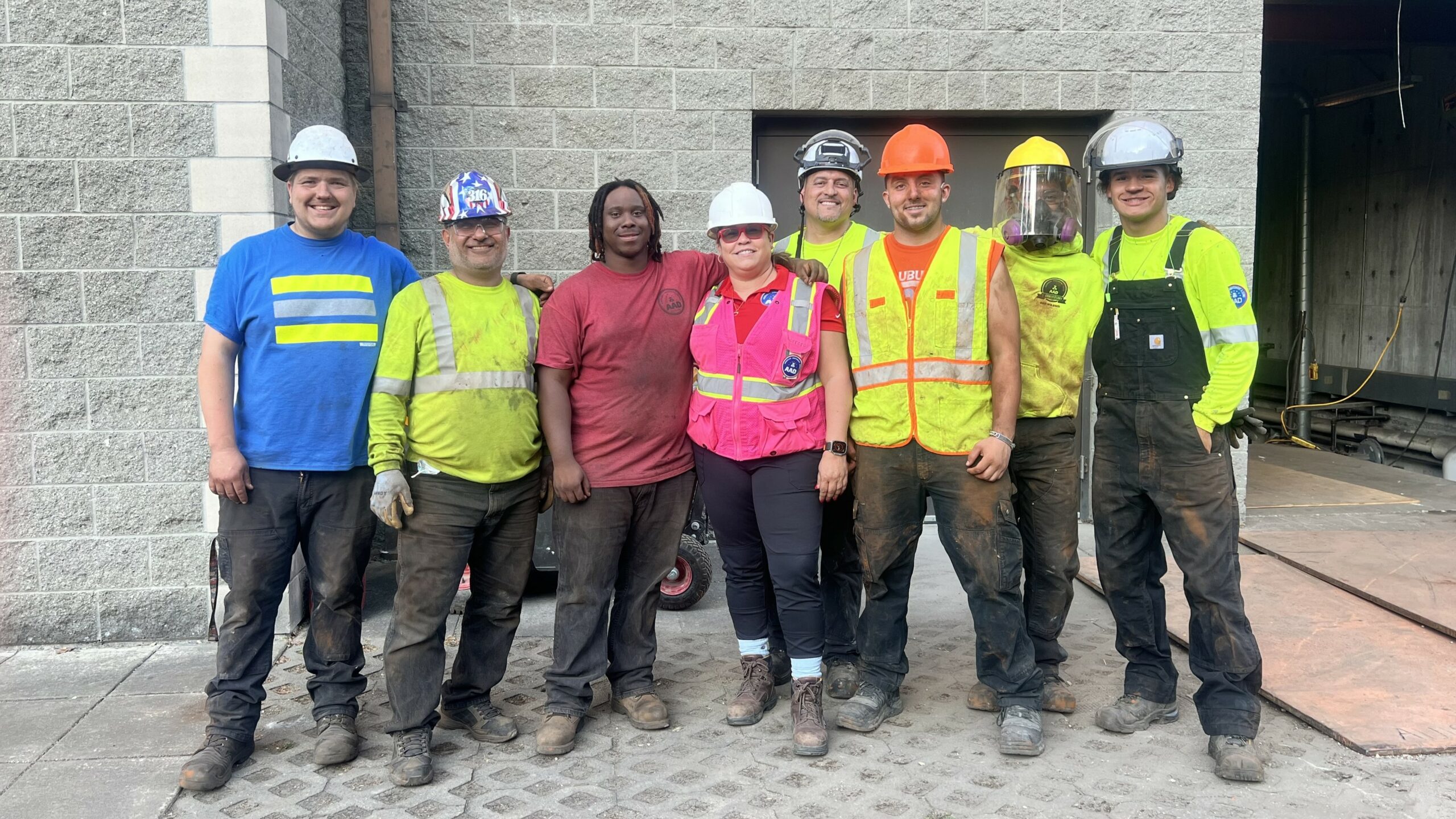Nearly 25 percent of veterans say they are interested in starting a business, according to a report from Bunker Labs.
Veterans and entrepreneurship are a good match, Curtez Riggs tells WorkingNation. Riggs, who served in the Army for 21 years, is the founder of The Military Influencer Conference which bills itself as the largest single gathering of entrepreneurs, leaders, and creatives in the military space.
“Most veterans that you encounter, we’ve committed our lives to one cause for an extended period of time. Typically, you’ll find most of them are disciplined, very hardworking individuals. I think the right way to say this is that they are risk-tolerant, meaning that we’re comfortable with stepping into situations where, quite naturally, our lives are at risk. So, when you look at entrepreneurship and the risks that goes along with that, we are okay with the risk that comes along with entrepreneurship.”
“We’re used to operating with limited resources under intense pressure, which forces us to pivot on the fly. We’re constantly living in the moment, but at the same time, we’re waiting for that unexpected action to happen so that we can lean in and try to figure out a way to work through it.”
Challenges is Starting a New Business
Riggs believes there are several challenges entrepreneurial service members face that their civilian counterparts don’t. The biggest is a knowledge gap because most veterans don’t have a formal education outside of a high school diploma. He says that leads to a lack of access to funding and financial capital. He adds that military personnel are not usually connected to business networks and ecosystems that can help them grow as entrepreneurs.
For those who want to become entrepreneurs, Riggs offers this advice.
“Find where the entrepreneurial, the startup community is [where you live] and become a part of it. Literally plug in, attend networking events, attend those Zoom classes that they offer. Continue to enhance your skillset. But most importantly, start to network and collaborate with like-minded people. The military is behind you. Once you get it in your head to make the decision to transition you need to lean towards other individuals who already have the existing skillset to help you launch. And, of course, grow.”
“The third thing I’ll say is don’t wait. While you’re serving is the best time for you to launch a product, a service, a brand, whatever it may look like because you have consistent income right now. I served for 21 years. I never had to worry about a paycheck. I never had to worry about getting fired. I received guaranteed pay and entitlements to take care of me and mine. So, if I wanted to stay up an extra three, four, 10 hours every night to work on something to do on the side, I didn’t have to worry about how it was going to have to pay myself. So, while you’re serving, while you have that runway of time left, that’s the time you need to be using to build whatever this vision is for a business that you have.”
READ: Entrepreneur Boot Camp Helps Veterans Start Their Own Businesses
Vet-Owned and Vet-Operated
Flags of Valor is a veteran-owned company that creates wooden American flags, home décor, employee recognition and client appreciation gifts. It was started in 2015 by veteran special operation pilots Brian Steorts and Joe Shamess.
Shamess says the two wanted to start a business that focused on three things: employing veterans, American manufacturing, and philanthropy. And they have successfully accomplished that, employing more than 70 veterans, surpassing 100,000 hours in American manufacturing labor, and raising over a million dollars for charitable veterans causes.
Veteran entrepreneurship is nothing new. The Bunker Labs report says 49% of World War II veterans went on to start a business. But today, only 4.5% of post 9/11 veterans are pursuing entrepreneurship. Shamess says despite the drop off, entrepreneurship is an important avenue for veterans reintegrating into civilian life.
“It’s been assumed for a long time that higher education was a ticket to the middle class in many ways. I don’t know if that’s still the case today. But business ownership certainly is.”











